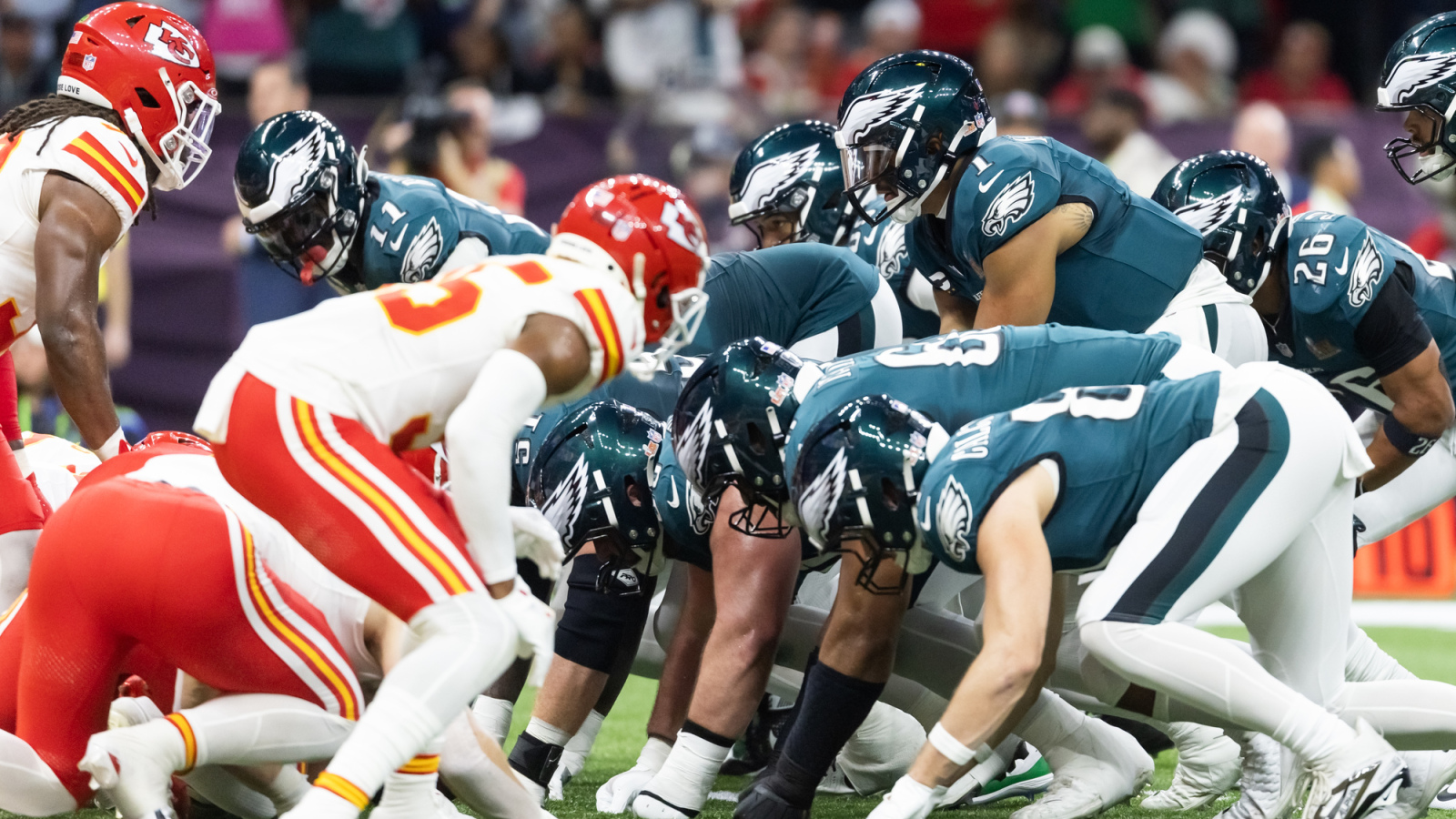When President Donald Trump applies pressure, he very often gets what he wants—and even Major League Baseball isn’t immune.
Trump has publicly called for Pete Rose to be in the Hall of Fame for years, most vocally in the past few months. Last week, MLB Commissioner Rob Manfred announced that he is lifting Rose’s lifetime ban from baseball for gambling on the game, making Rose eligible for the Hall for the first time.
As recently as 2015, Manfred had denied Rose’s request for reinstatement. What changed in the meantime? In a letter to the lawyer representing Rose’s family, Manfred claimed that Rose’s death in September—and no other factor—is what prompted him to reverse course: “In my view, the only salient fact that has changed since that decision is that Mr. Rose has recently passed away.”
But to believe that pressure from Trump had nothing to do with Manfred’s decision would require ignoring some awfully big coincidences. Shortly after Rose’s death last fall, Trump posted on X: “The GREAT Pete Rose just died. He was one of the most magnificent baseball players ever to play the game. He paid the price! Major League Baseball should have allowed him into the Hall of Fame many years ago. Do it now, before his funeral!” In February, Trump announced that he was going to give Rose a full pardon. (Rose spent five months in federal prison in the early 1990s for tax evasion.) Then, last month, Manfred had a meeting with Trump, during which the conversation turned to Rose. Manfred announced after the meeting that he would be ruling on a request to end Rose’s ban. Meanwhile, Congress has been holding hearings into whether the major sports leagues, including MLB, are abusing their antitrust exemption in making streaming games too expensive and inconvenient. (The commissioner’s office didn’t reply to a request for comment.)
Technically, MLB didn’t reinstate only Rose. Instead, Manfred implemented a new policy under which players who were banned for life become eligible for the Hall of Fame after dying. Fifteen other players were reinstated posthumously, but it’s Rose’s reinstatement that sends the most damning message. His pure baseball case to be in the Hall of Fame is, of course, clear-cut. Rose remains the all-time leader in hits, games played, at-bats, and singles. He won three World Series rings, twice as a member of the Cincinnati Reds and once with the Philadelphia Phillies.
But Rose violated the rule in baseball—and really all sports—that is considered the most sacrosanct: He gambled on the game. Though Rose swore he bet on baseball only when he was the manager of the Cincinnati Reds, and never as a player, an ESPN investigation eventually revealed that Rose did indeed bet on baseball while he was still playing.
That’s the other thing about Rose: He lied. Repeatedly. His reinstatement would be much easier to accept, even to celebrate as an example of forgiveness, if Rose hadn’t kept up the charade that he was innocent for well over a decade. Not until Rose had a book to sell did he finally admit to disrespecting the game.
Manfred’s logic in reinstating Rose is that because Rose is no longer alive, he poses no threat to the sport. “In my view, once an individual has passed away, the purposes of Rule 21 have been served,” Manfred wrote in the letter to the Rose family’s attorney, referring to the specific rule in baseball that prohibits players from gambling on the game.
Huh? Rose’s death is irrelevant, because the purpose of Rule 21 is to send a message to the people who, by virtue of being alive, are still in a position to violate it. Maintaining Rose’s ineligibility even after his death sends a stronger message of disapproval than wiping his slate clean posthumously—otherwise, why would anyone have complained that he was still banned? Now that every major professional sports league has close alliances with gambling sites, and the temptation to place bets on mobile apps is omnipresent, maintaining a hard line about players gambling on the game is even more important.
During his banishment, Rose incurred a lot of public sympathy. He often painted himself as a victim. But Rose wasn’t wronged here. He agreed to accept a lifetime ban in 1989 from then-Commissioner Bart Giamatti in exchange for avoiding any official ruling that he had wagered on the game. That alone was a gift. In fact, in 2002, before he eventually admitted to gambling, Rose and then-Commissioner Bud Selig were in negotiations for a reinstatement. According to reports at the time, Rose chose not to accept Selig’s offer, because he would have had to be transparent about his gambling, stop making appearances in casinos, and cease gambling altogether. As he had before, Rose chose gambling over baseball.
Rose’s Hall of Fame fate will ultimately be decided by the Hall’s Classic Baseball Era Committee, which doesn’t meet again until 2027. Rose will need to receive 12 of 16 votes to be inducted, which is far from guaranteed. Still, considering how public perception of him has softened, the possibility is real that he becomes a Hall of Famer. The members of the committee will have to judge for themselves which facts are salient.




